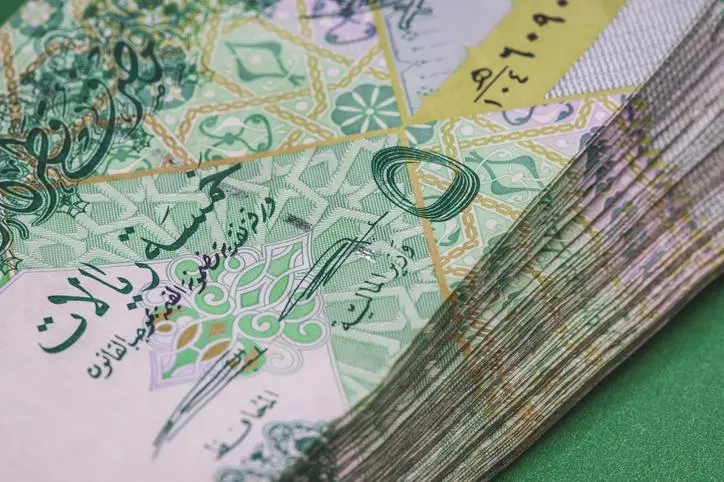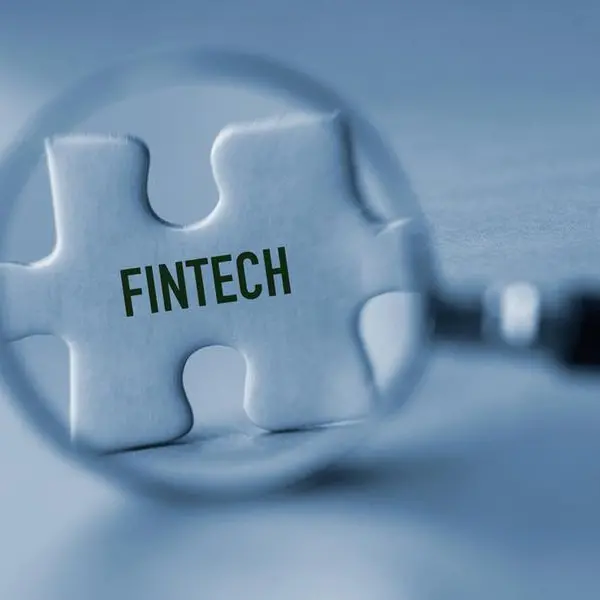PHOTO
Doha, Qatar: Assistant Governor for Financial Instruments and Payment Systems at Qatar Central Bank Sheikh Ahmed bin Khalid Al-Thani revealed that the pilot phase of the digital currency project, which will extend until October, will involve Qatar Central Bank and the banks participating in the experiment to settle high-value payments.
Speaking to Qatar News Agency (QNA), Sheikh Ahmed bin Khalid Al-Thani noted that QCB has developed four use cases with local and international banks, by issuing and settling securities using digital currency.
The results will be evaluated and future use cases will be identified after the pilot phase is completed, either by developing retail use cases or continuing to expand use cases for settling high-value payments, he added.
The pilot phase will see the launch of a special platform for participating banks to conduct digital transactions. The digital currency account feeding process will be conducted by transferring Qatari riyals to the platform - one Qatari riyal for one digital currency (1:1). The banks participating in the pilot phase will be able to trade, buy and sell financial assets using the digital currency in an experimental environment.
On the project beneficiaries, Sheikh Ahmed bin Khalid Al-Thani said the concept of the digital currency itself is broad. It is a means of payment used for goods and services, and for Qatar Central Bank, the value of the Qatari riyal is based on fixing the exchange rate against the US dollar. In simple terms, the currency can be used as a means of payment between individuals, and these transactions are called retail payments or low-value transactions. It can also be used between banks and with Qatar Central Bank, and these transactions are called wholesale payments or high-value transactions. Finally, the currency can be used across borders through transfers outside the country. In this case, the local currency will be converted into a foreign currency at the market exchange rate.
He noted that the first phase will include four use cases with local and international banks. The first use case will be settling payments between banks using digital currency, which will increase efficiency and reduce the risks associated with using current systems. The second use case is purchasing securities using digital currency, while the third case is selling and trading securities between banks using digital currency, and the fourth case is using artificial intelligence technology to predict liquidity levels, which will help Qatar Central Bank to understand and study further the risks of using digital currency.
The first phase will extend until October of this year. After that, the results will be evaluated and future use cases will be identified, whether by developing retail use cases or continuing to expand use cases for settling high-value payments, he added.
The Assistant Governor for Financial Instruments and Payment Systems reviewed reasons for launching the digital currency project, which include the continuous technological progress that has been reflected in various aspects related to financial technology; noting that Qatar Central Bank is keen on keeping pace with these changes to ensure that the Qatari economy is well-prepared for the future.
In his statements to QNA, Assistant Governor for Financial Instruments and Payment Systems at Qatar Central Bank (QCB) Sheikh Ahmed bin Khalid Al-Thani discussed the goals of the digital currency project, which aims to explore, understand, and ensure the readiness of Qatar’s financial infrastructure for innovative technologies like central bank digital currencies (CBDCs). This initiative will facilitate both domestic and international transactions to digitalize. With most countries worldwide researching CBDCs, it represents approximately 98 percent of global GDP, he noted.
There is a great disparity in the level of progress achieved regarding the issuance of CBDCs, he highlighted. For QCB, studies on the impacts of issuing a digital currency have been completed. The next step involves experimenting with and simulating the effects of issuing this currency. The primary goal of this phase is to understand the impact of a digital currency on daily transactions between banks, which are inherently of high value and have significant financial implications. The results of this experiment and its evaluation, expected by October this year, will inform further expansion and additional use cases, he said.
Sheikh Ahmed bin Khalid Al-Thani explained the types of digital currencies and QCBs stance on them, categorizing them into three recognized types that all use similar technology for instant money transfer. The first type is the central bank digital currency, which is issued by the central bank and backed by cash reserves, carrying a legal obligation on the central bank. The second type is stablecoins, issued by private companies, and the third type is cryptocurrencies. QCB has previously issued circulars prohibiting the trading of stablecoins and cryptocurrencies as they are not issued by a central bank.
Regarding the digital currency project's future plans for its development and expansion to other countries, he mentioned that there are several existing projects between certain countries; however, QCB has not yet participated in any such projects but is closely monitoring developments. Expansion plans will be evaluated based on the results of the local experiment and ongoing international projects.
Concluding his statements, the Assistant Governor for Financial Instruments and Payment Systems at QCB affirmed that the launch of the digital currency project will bring numerous benefits to Qatar’s financial sector, stating that QCB focuses on exploring these matters and determining what is suitable for Qatar’s economy. QCB also aims to adopt innovative technologies such as artificial intelligence and assess the possibility of integrating them within the financial sector to achieve the objectives of the Third Financial Sector Strategic Plan.
© Dar Al Sharq Press, Printing and Distribution. All Rights Reserved. Provided by SyndiGate Media Inc. (Syndigate.info).





















